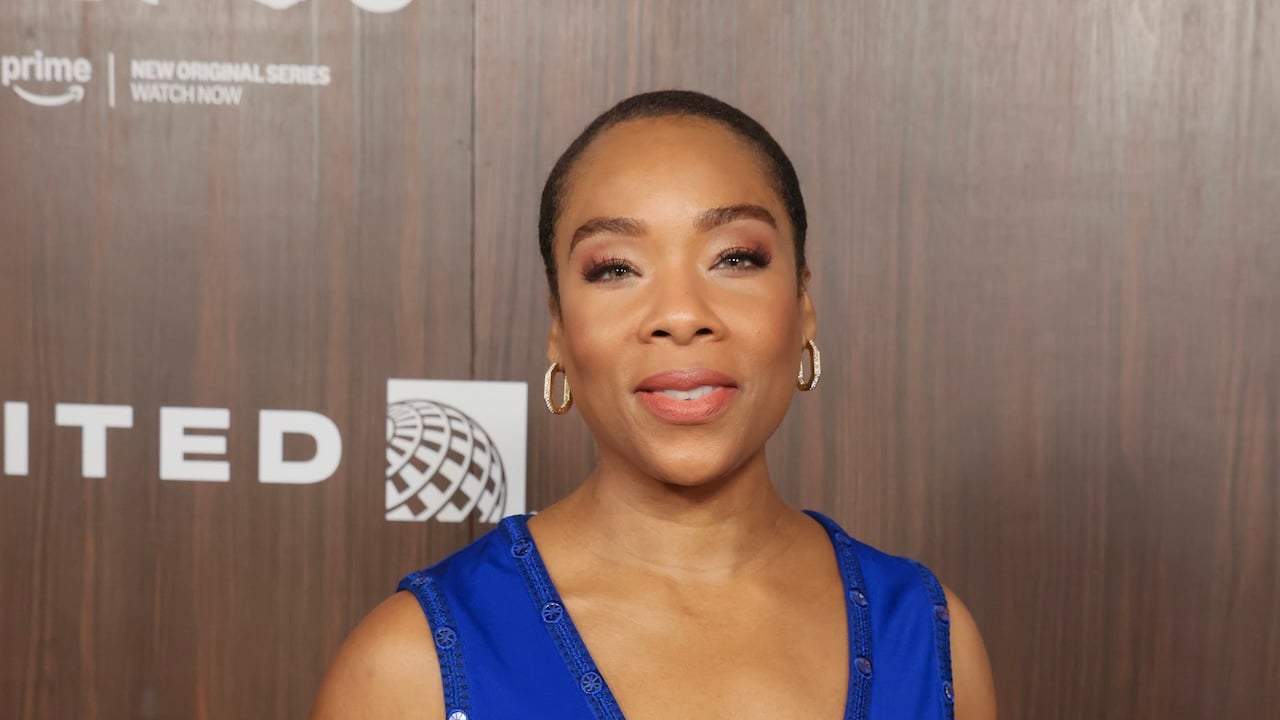
A new term is bubbling up in corporate America called “conscious unbossing”—a Gen Z phrase that implies younger workers are reluctant to accept a promotion, primarily due to the expected high-stress levels of becoming a boss.
The syndrome is evidently impacting young Americans’ professional careers and the companies that need them to take on more workplace responsibility as older workers move up and eventually out of company leadership.
As usual, the data tells the story.
According to a new study by Robert Walters, over half of younger workers (52%) say they would not accept a promotion to middle management. Nearly three-quarters (72%) say they’ll opt for an “individual route” to career success by leveraging their own career brand instead of managing others.
“Honestly, I’m not surprised at all,” says Rachel Murray, co-CEO at Inclusion Geeks, a workplace DEI services firm. “As someone who’s been through the tech hustle era, I understand why Gen Z doesn’t want the management headache. We hustled our way into management without training or tools, just trying to shield our teams from the chaos above.”
According to Murray, middle managers often get “stuck” dealing with the nonsense from the higher-ups so it doesn’t rain down on their team.
“Gen Z is watching us now, thinking, ‘Why would I want that stress for a modest title and marginal pay increase?’ They’ve seen the lack of support managers receive and the personal toll it takes. It’s not surprising they’re opting out.”
Why Gen Z isn’t interested in working in middle management
That’s one credible take on the conscious unbossing movement, and it’s just for starters. Younger career professionals have myriad reasons for turning their backs on the middle management experience—and the following considerations are some of the most prevalent.
Living in the moment
Raised on TikTok and Instagram, Gen Z is taking stock of what their peers say on social media about career advancement—and also taking heed.
“Social media conversations have undoubtedly played a significant role in shaping the Gen Z career mindset,” says Harrison Tang, CEO and co-founder of Spokeo, which he describes as a “people search engine” company based in Pasadena, California. “Posts like ’40 years for someone else versus building your own brand‘ resonate deeply with Gen Z, encouraging them to challenge traditional career norms and forge their own paths.”
A pivot on workplace stress
Tang says the “conscious unbossing” trend is a “refreshing rejection” of traditional expectations.
“Gen Z wants to cultivate happiness, well-being and personal growth—now, not just in some distant future,” he notes. “It’s not about the workplace itself. Instead, it’s about the value of stress. If Gen Z professionals are going to experience stress, they’d prefer it to be for their own venture rather than someone else’s business.”
Bad mojo on the senior side
Deserved or not, traditional management culture has also taken a hit with younger career professionals and has for some time.
“Since the 1990s, middle management has been getting a bad reputation, being painted as an unnecessary overhead that can be easily trimmed to make companies more efficient,” says Charlotte Rooney, founder at A Half Managed Mind, a work-life advisory firm in London, UK. “TV shows like The Office, and movies like Bad Bosses typify the idea of the middle manager as a petty-minded, deluded bureaucrat everybody hates.”
Gen Z has not only grown up with this unflattering depiction of managers, but they’ve also seen their managers dealing with poor work-life balance, extra stress (particularly in the pandemic) and having to manage remote and flexible teams—which means they are always “on” and not getting much in return.
“When I entered the workforce, there was no option for advancement which didn’t involve management—and leadership had a high social status,” Rooney says. “Given more opportunities for status and reward which don’t involve the added complication of managing others, it makes total sense that fewer Gen Z are interested in those roles than we millennials or Gen X were.”
Is there a downside to rejecting the management track?
While career experts acknowledge that Gen Z has valid reasons for diverting off the traditional career path, doing so may have downside costs, career-wise and money-wise.
“If you are already faced with a situation that is unfavorable to you and not likely to change or improve, there may be no downside. You are probably job hunting right now,” says Jill Chapman, director of the Early Talent Program at Insperity in Kingwood, Texas. “However, if the company is on point with your beliefs or is heading in that direction, you may pass up an excellent career and professional growth opportunity.”
Bypassing management experience could come back to bite boss-adverse Gen Z workers.
“Management experience offers a dual advantage,” Tang says. “Not only does it enhance your resume, but it also equips you with invaluable soft skills essential for long-term career success.”
Consider alternatives to working in management
Before rejecting any middle management promotions, take stock of your situation and spend some time thinking things over.
“First, ask yourself if the promotion aligns with your long-term goals,” Murray says. “Are you taking it just because you think you ‘should,’ or does it truly serve your personal and professional growth?”
Murray is also a big advocate of negotiating. “If the role comes with more responsibility, ask for training, a mentor or clear metrics for success,” she notes. “Look beyond just the title and salary.”
If you’re still unsure about passing on a management post, “consider proposing an alternative leadership role that aligns more with your interests, such as becoming a subject-matter expert or project lead without direct reports,” Murray says.
If you still don’t want a bite of the management apple, saying no is OK.
“Career paths aren’t linear, and turning down one opportunity doesn’t mean there won’t be others down the line—ones that might fit better with your values and lifestyle,” Murray adds.
Photo by PeopleImages.com – Yuri A/Shutterstock




